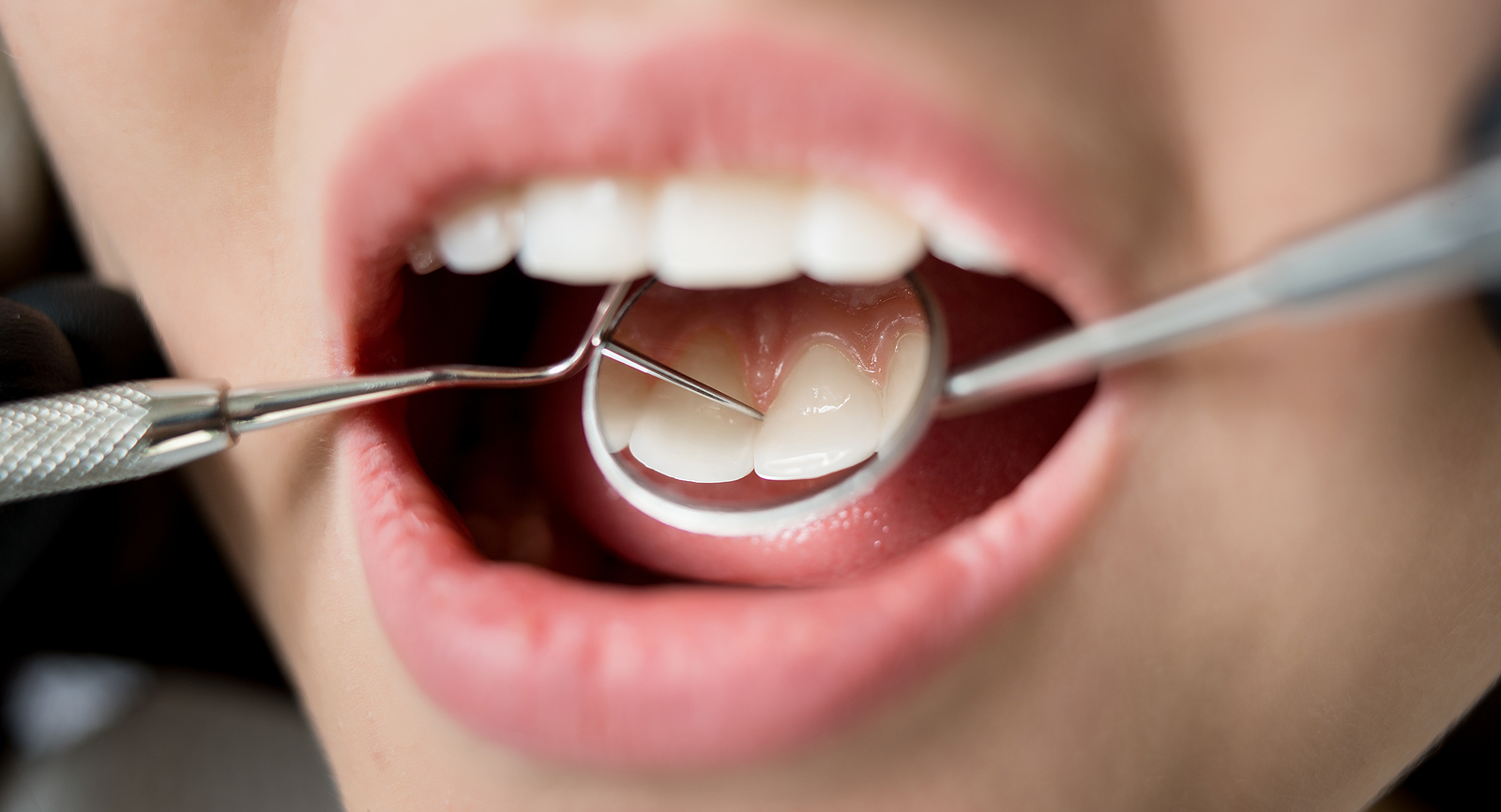Prioritising our general health and wellbeing isn’t just about getting regular exercise, following a well-balanced diet, enjoying good-quality sleep and getting out in nature… we also need to make sure that we’re following a solid oral hygiene routine, as well.
Interestingly, there’s a growing body of research indicating that neglecting our mouth, teeth and gums leaves us open to a range of other negative health outcomes, everything from Alzheimer’s and cardiovascular disease to diabetes, cancer, arthritis, kidney disease and more.
As such, making sure that you’re brushing twice a day, flossing your gums regularly and seeing the dentist every six months can really help you protect your health and keep all sorts of illnesses at bay.
However, even the most diligent of tooth brushers can experience oral difficulties – and if an infection manifests, it may turn into a dental abscess.
What causes a dental abscess?
A dental abscess is a build-up of pus in the gums or teeth, with causes including:
– Tooth decay
– Gum disease
– Radiotherapy/chemotherapy
– An impacted tooth (where the tooth hasn’t grown out of the gums properly)
– An injury to the mouth, gums or teeth
This infection will not clear up by itself and it will potentially require urgent treatment by your dentist. If the clinic is closed, you don’t have a dentist or if you can’t get an emergency appointment, you can seek help by calling NHS 111 and they’ll be able to direct you to medical assistance.
What are the symptoms of a dental abscess?
Knowing what signs and symptoms to look out for will help you decide what course of action to take.
Dental abscess symptoms include:
– A swollen face or jaw
– A high temperature
– Difficulty opening your mouth
– Difficulty chewing food
– A bad taste in your mouth
– Intense toothache
– Pain in the gums
– Sensitivity to hot or cold food/drink
– Redness in or outside the mouth, on the face or on the jaw
To ease any pain you’re in while waiting to be seen by a dentist, take painkillers, eat soft foods like soup or yoghurt, use a soft toothbrush to clean your teeth and avoid hot or cold food and drink.
How can you treat a dental abscess?
Dental abscesses are typically treated by a dentist and they’ll be able to drain the pus away, as well as identifying the underlying cause of the problem to prevent recurrence in the future.
You may also be prescribed amoxicillin, one of the first antibiotics to be prescribed for dental abscesses.
Amoxicillin is a penicillin antibiotic that’s only available via prescription in capsule or liquid form. You should start to feel better a few days after you start your course, but it’s important to finish the full round of medication even if you do start to see improvements in your symptoms. Stopping early could see the infection come back.
If you’re currently in pain and looking for treatment options for dental abscesses, complete an online consultation with My Chemist Plus, which will then be reviewed by one of our UK-registered prescribers.
A private prescription can then be raised, and your medication dispensed and dispatched for next-day delivery.







